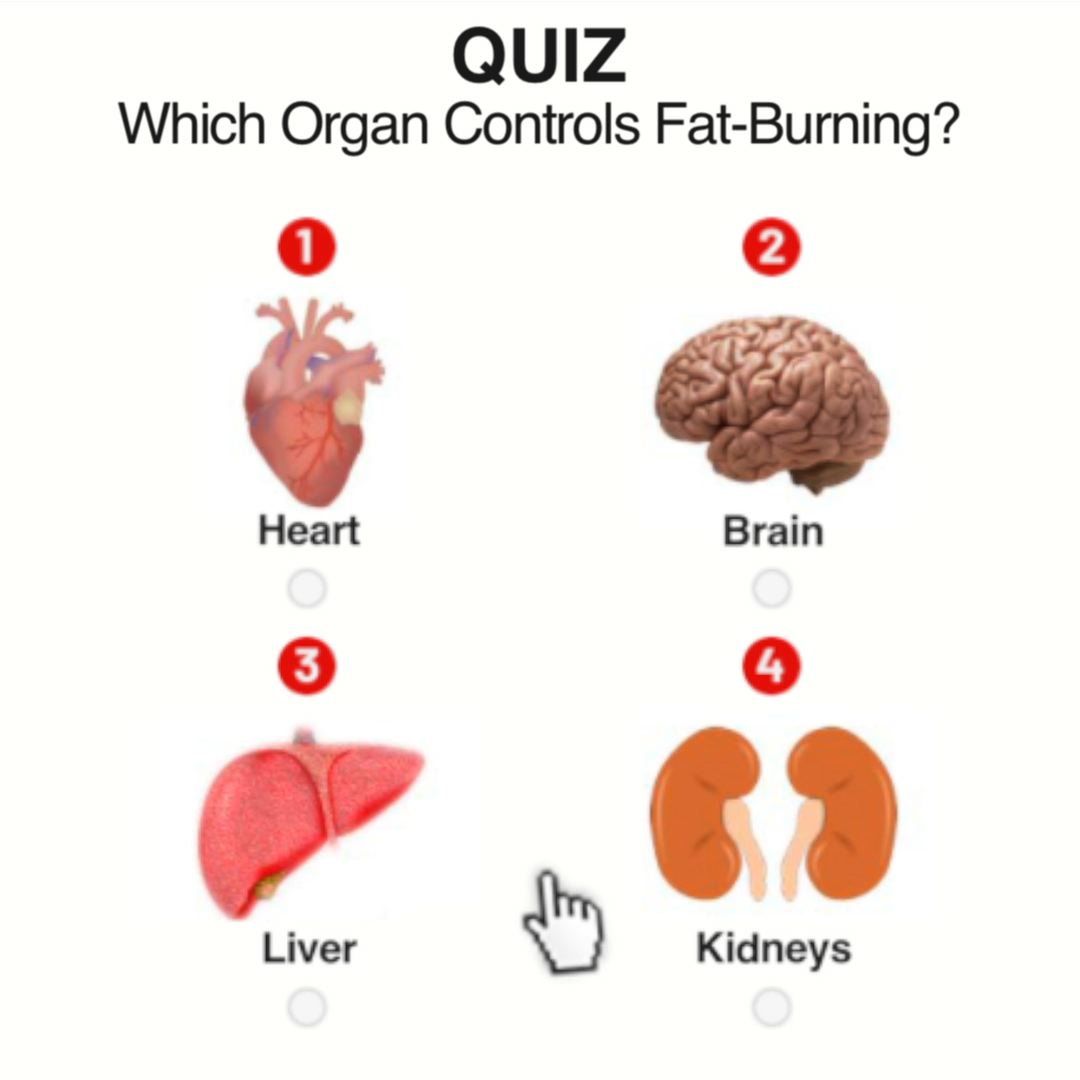
Ultra-processed foods have become a staple in many diets worldwide due to their convenience and palatability. However, these foods often come with hidden health risks that can significantly impact overall well-being. From increased mortality rates to mental health issues, the dangers of ultra-processed foods are numerous. This article highlights ten compelling reasons to avoid these foods and opt for healthier, minimally processed alternatives.
1. Increased Risk of Early Death
Ultra-processed foods, such as processed meats and sugary snacks, are linked to a higher risk of early death due to various health complications. Studies have shown that individuals who consume high amounts of these foods face a higher risk of mortality from neurodegenerative diseases.
2. Higher Obesity Rates
These foods are often high in unhealthy fats, sugars, and calories, which contribute significantly to obesity. Obesity, in turn, increases the risk of numerous other health problems, including heart disease and type 2 diabetes.
3. Greater Likelihood of Depression
Consumption of ultra-processed foods has been associated with an increased risk of depression and other mental health issues. This link is due to the low nutritional value and high levels of additives in these foods, which can negatively affect brain health.
4. Increased Cancer Risk
Regular intake of ultra-processed foods can elevate the risk of certain cancers, particularly breast cancer. This risk is due to the presence of harmful additives, preservatives, and the poor nutritional profile of these foods.

5. Higher Incidence of Heart Disease
Diets high in ultra-processed foods are linked to a greater risk of heart disease. This connection is primarily due to the high levels of unhealthy fats, sugars, and sodium found in these foods.
6. Poor Nutritional Quality
Ultra-processed foods often lack essential nutrients, vitamins, and minerals, leading to poor overall diet quality and nutrient deficiencies. Despite their high-calorie content, these foods provide little to no nutritional benefit.
7. Elevated Risk of Diabetes
The high sugar content and low fiber in ultra-processed foods contribute to insulin resistance and an increased risk of type 2 diabetes. These foods can lead to spikes in blood sugar levels, further exacerbating diabetes risk.
8. Increased Risk of Neurodegenerative Diseases
There is a noted association between high consumption of ultra-processed foods and an increased risk of neurodegenerative diseases like Alzheimer’s. This risk is linked to the poor nutritional content and the presence of harmful additives in these foods.
9. Addictive Nature
The hyper-palatable nature of ultra-processed foods can lead to addictive eating behaviors, making it difficult to maintain a healthy diet. These foods are designed to be highly appealing, often leading to overconsumption.
10. Environmental Impact
The production and consumption of ultra-processed foods have significant environmental repercussions. These foods contribute to greater waste and resource use compared to whole foods, further impacting the environment negatively.
Reducing the intake of ultra-processed foods can significantly improve overall health and well-being. Focusing on whole, minimally processed foods ensures better nutrition and reduces the risk of various chronic diseases. By making more informed food choices, individuals can enhance their quality of life and contribute to a healthier environment.














